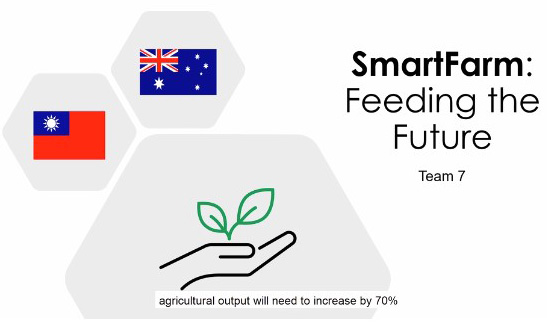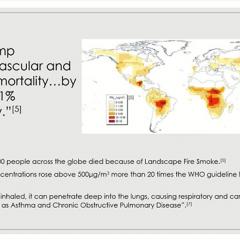Three reasons to enter an economic competition
By Jennifer Min
When you think of ‘economics’, one of the first things that comes to mind is probably money, and I don’t blame you – I was once in your shoes. But my time at UQ so far has broadened my understanding of the field, and my latest experience has reminded me that there’s more to it than crunching numbers.
Earlier this year, I signed up for two rounds of the Borderless Competition. This experience saw me work with other students from international universities to solve a unique economic problem and present our response via a video presentation – a professional version of a pen pal project if you like.
I believe my team’s successes (third place, first place) came from the fact that during the competition we learnt to appreciate the deeper importance of our task – which went beyond demonstrating economic knowledge and was about developing skills and values that will serve me for years to come.
Here are my top three reasons to compete in a competition like Borderless:
You will learn that diversity matters
Embracing diversity is, first and foremost, a key part of being respectful and open-minded when working with others. Beyond that, though, it can also drive results.
My teammates (living in the UK and Taiwan) and I were able to offer different insights into the same issues thanks to our diverse cultural and academic backgrounds. Having that mixed bag of experiences in the team even helped us come up with new ideas altogether. Our regular team discussions turned into an incubator for these ideas, where the more we explored different perspectives, the more lightbulb moments we created.
Exposing ourselves to each other’s perspectives forced us to look ourselves in the mirror, and to question what we knew. That’s crucial in economics, where there isn’t always a single path to a solution, nor a single solution to every economic problem. So, looking abroad when trying to address domestic problems can pay dividends, especially given how globally connected our problems have become. Just take a look at what’s happening in the world right now – for example, the COVID-19 crisis, climate change, trade wars, growing social inequalities.
Participating in a competition (especially an international one) forces you to expand your network and exposure to a variety of cultures and opinions.

It will force you to think outside the box
These days, people don't put a lot of emphasis on being creative, especially in economics. The two never really got along anyway, right? Hence why I was initially surprised by how much creativity the Borderless Competition called for.
Throughout the competition, my teams had to find creative ways to overcome various obstacles while being miles apart. For example, when my second team’s original idea for our video entry fell apart, we had to quickly bounce back and modify our idea to make it work.
Looking back, it’s possible that we were getting a taste of what the post-COVID-19 world could look like – a world of heightened uncertainty where well-established laws of economics can break down. What can help us to manage or overcome this, is creativity.
Being creative is easier said than done. But I do believe that we can train ourselves to become more creative. The moment you start to ask, ‘why?’ about anything you encounter, you’ve already got the ball rolling. That’s when you start challenging what you know and thinking laterally. Given we’re at a turning point in history, we will have to start thinking outside the box, because we may already be outside of it.
Joining a competition forces you to explore a problem creatively, in a time-pressured environment. By nature, competition parameters will help you tap into your creative juices, and develop your problem-solving skills in ways you may never have explored.
You will see firsthand that economics is a multidisciplinary field
The million-dollar question: is economics all about money?

The answer is a loud and resounding, ‘no’. At its core, economics is about people. It gives us the toolbox we need to make the best possible decisions whenever we’re faced with a choice. Money is just one of the powerful tools in that toolbox.
That explains why we see economics everywhere. Indeed, the video entries in the Borderless Competition covered topics ranging from climate change to e-sport and time travel! Often these topics are interconnected, which goes to show how complex economics is.
By participating in a competitive environment, where you’re putting your best foot forward, it becomes abundantly clear just how far-reaching economics is. Whether you’re competing in a Borderless competition or something else entirely, you’ll no doubt get to juggle a lot of different issues all at once – just like in the field. Competitions allow you to see this real-life application of the discipline first-hand. And sooner than you don a cap and gown!
About the author
Jennifer is a Laws and Economics student at UQ. She has a keen interest in domestic and international policy, and a love for writing and teaching.
Find out more about the Borderless competition.
Do you have a question about the Borderless competition? Contact us at eborderless@uq.edu.au.


